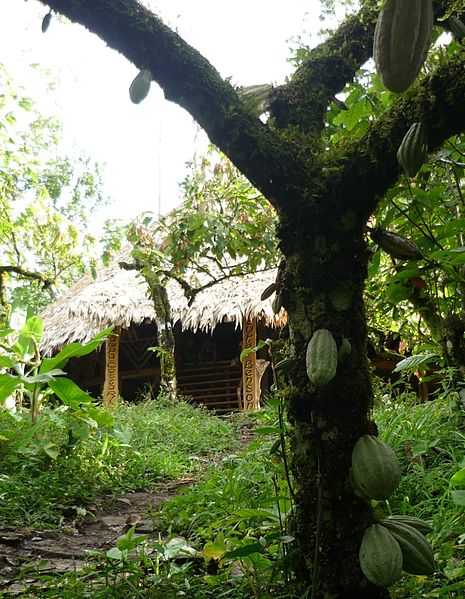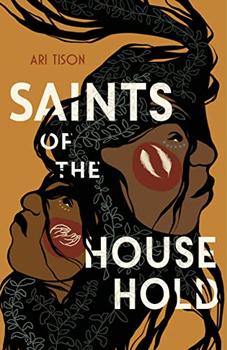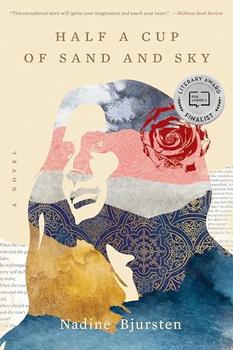 Like brothers Max and Jay, the protagonists of her debut young adult novel Saints of the Household, author Ari Tison is Bribri American, descended from an Indigenous group native to the Talamanca region of Costa Rica. The characters' grandfather was raised among the Bribri people and their matriarchal society. His gentle, loving nature sits in stark contrast with the brothers' physically and emotionally abusive white American father. Though never heavy-handed, there is obvious commentary here on the idea that patriarchy fosters toxic masculinity, and that different social systems exist.
Like brothers Max and Jay, the protagonists of her debut young adult novel Saints of the Household, author Ari Tison is Bribri American, descended from an Indigenous group native to the Talamanca region of Costa Rica. The characters' grandfather was raised among the Bribri people and their matriarchal society. His gentle, loving nature sits in stark contrast with the brothers' physically and emotionally abusive white American father. Though never heavy-handed, there is obvious commentary here on the idea that patriarchy fosters toxic masculinity, and that different social systems exist.
Though their numbers have declined over time, due to Spanish colonization and modern threats to their land such as commercial development, there are still around 10,000 Bribri people living in Costa Rica. The community, organized into clans, is one of the oldest in the country. Each clan is headed by a woman. All land and private property is also owned by women, passed from one generation to the ...

 Book Reviewed by:
Book Reviewed by:








